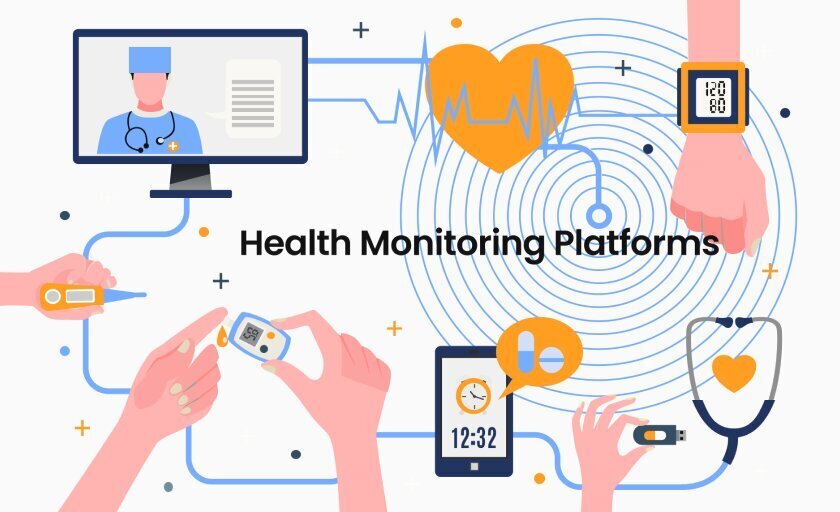Healthcare monitoring has undergone a significant transformation with the integration of advanced artificial intelligence models and frameworks. Time-series forecasting, anomaly detection, and activity recognition are now at the forefront of revolutionizing patient care and clinical decision-making[1][2].
Time-series forecasting models enable healthcare providers to predict patient outcomes and disease progression with greater accuracy. By analyzing historical data patterns, these models can anticipate potential health issues before they become critical, allowing for proactive interventions[1].
Anomaly detection algorithms play a crucial role in identifying unusual patterns or deviations from normal health parameters. These AI-powered systems can quickly flag potential concerns in vital signs, lab results, or patient behavior, enabling rapid response to emerging health issues[2][4].
Activity recognition models have significantly enhanced remote patient monitoring capabilities. By leveraging data from wearable devices and ambient sensors, these models can accurately track patient movements, detect falls, and monitor daily activities. This technology has proven particularly valuable in managing chronic conditions and supporting elderly care[4][5].
The integration of these AI models with advanced camera technology and Internet of Medical Things (IoMT) devices has further amplified the potential of healthcare monitoring. High-resolution cameras and RGB-IR sensors enable continuous visual monitoring, while AI algorithms process this data in real-time to detect subtle changes in patient condition[5].
To ensure the long-term effectiveness of these AI-powered monitoring systems, healthcare organizations are establishing dedicated AI Quality Improvement (AI-QI) units. These teams are responsible for continually monitoring and updating AI algorithms to maintain their accuracy and relevance in dynamic clinical environments[1].
As healthcare monitoring continues to evolve, the focus is shifting towards creating more personalized and predictive care models. By combining real-time data capture with sophisticated AI analysis, healthcare providers can make faster, more informed decisions, ultimately improving patient outcomes and operational efficiency[2][4].
While the advancements in AI-driven healthcare monitoring are promising, it’s crucial to address privacy concerns and ensure robust data protection measures. As these technologies become more prevalent, striking a balance between innovation and patient confidentiality will be paramount for widespread adoption and trust in these systems[5].
Further Reading
1. Clinical artificial intelligence quality improvement: towards continual monitoring and updating of AI algorithms in healthcare – PMC
2. How Remote Patient Monitoring and AI Personalize Care | HealthTech Magazine
3. Model monitoring – Machine Learning Best Practices in Healthcare and Life Sciences
4. Artificial Intelligence for Patient Monitoring – care.ai®
5. How cameras and AI take remote patient monitoring to the next level – e-con Systems


